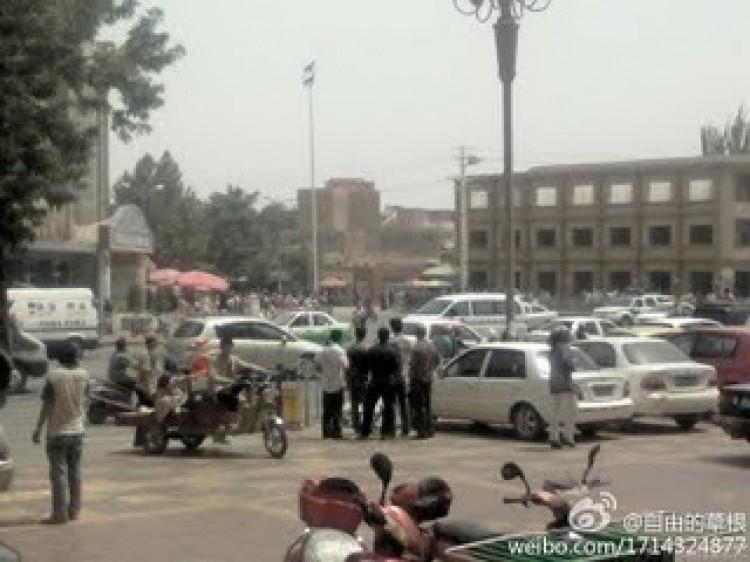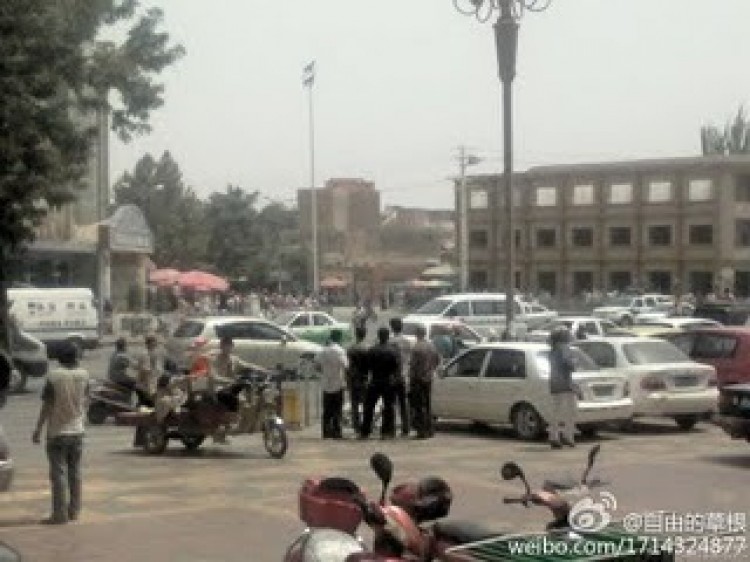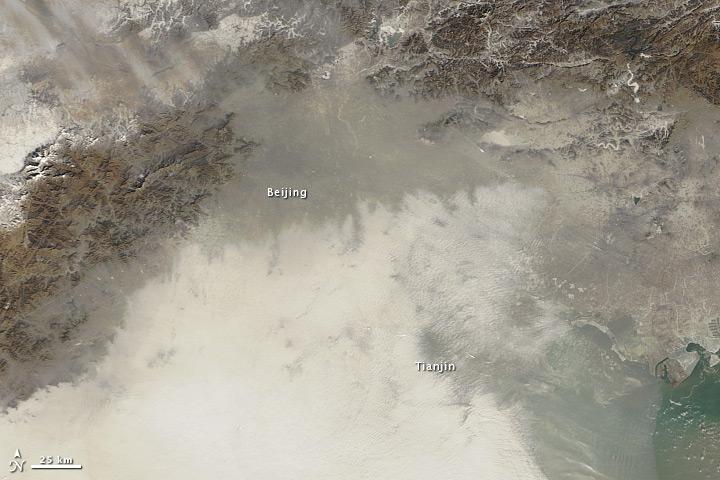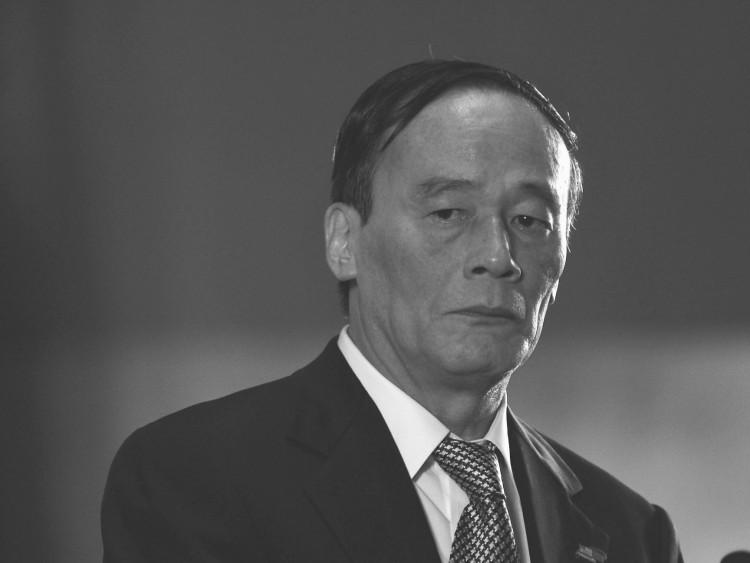Xinjiang, China Police Station Attacked, Up to 18 Dead
Attackers besieged a police station in China’s Xinjiang Province, taking hostages, and killing two police officers. Chinese state security forces responded with force.
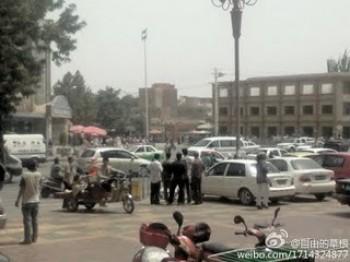
Attackers beset a police station in China's Xinjiang Province, taking hostages, and killing two police officers. Chinese state security forces responded with force, killing 14 people, all of them Uyghurs. Weibo
|Updated:
